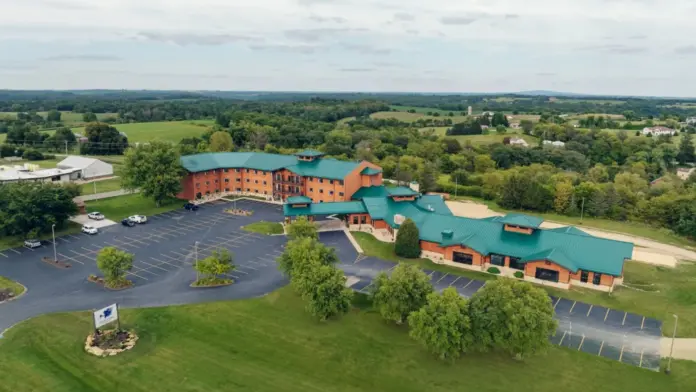About Wood Violet Recovery
Wood Violet Recovery, located in Dodgeville, Wisconsin, provides residential services to women seeking healing from substance use disorders and co-occurring mental health conditions. We like that they treat a broad range of substance dependencies including alcohol, opioids, and barbiturates. It’s in a secluded wooded area.
To access care at Wood Violet Recovery, they work with many private and commercial insurance plans. They accept Wisconsin Medicaid. They also have options available for private pay.
Past clients of Wood Violet Recovery have noted a supportive and caring setting with care teams that are kind and compassionate. Others have focused on the comfortable atmosphere of the facility and personalized care. We’re impressed by the reviews from alumni who’ve pointed to improvements in confidence and self-worth after having completed the program.
Attractions in Dodgeville
The facility is situated in a small, quiet community near Governor Dodge State Park. In this location, you can find nature with trails for walking and serene settings that are conducive to healing and reflection. If you enjoy shopping, you won’t be far from downtown Dodgeville, which provides fun shops, and trendy cafes.
Residential Services in a Spacious Home
The facility is situated in a historic, yet modernly renovated home to enhance your comfort during your stay. You’ll be given a shared bedroom and have access to large common areas including a living room and onsite laundry. There’s a huge stone fireplace in a large open common area for fellowship. Wooden floors and natural accents can bring peace of mind and calm you down.
Healthy, delicious meals will be offered to you every day. You’ll feel better and be healthier as you step into a brighter future.
Latest Reviews
Rehab Score
Gallery
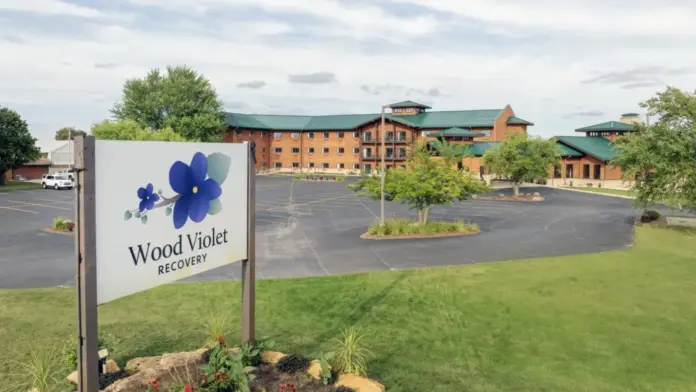

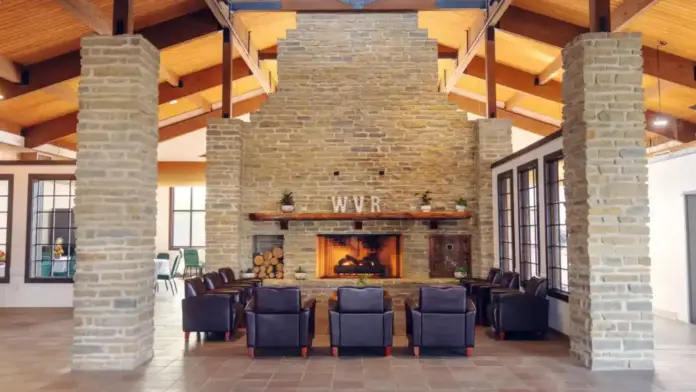
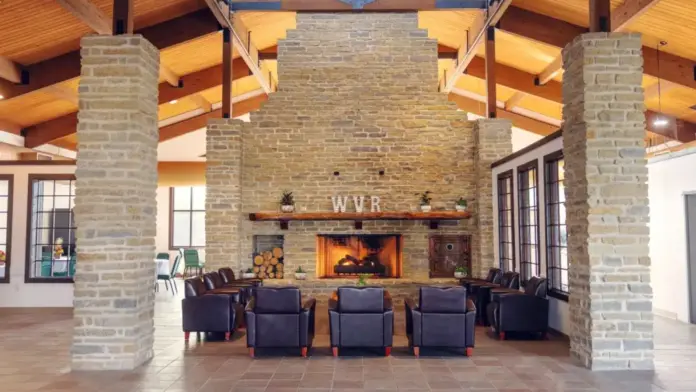
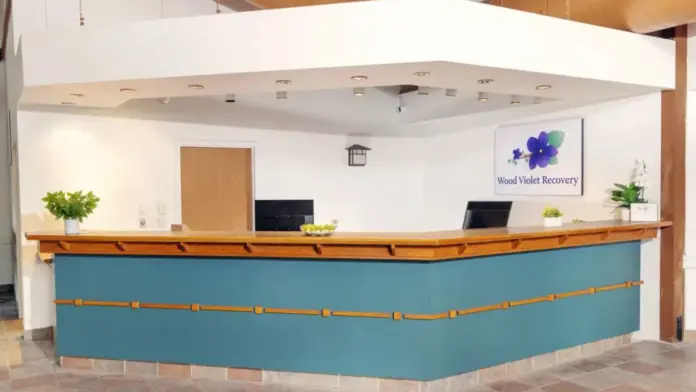

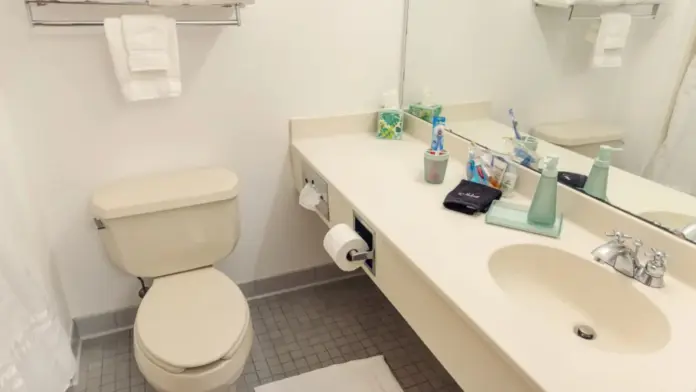
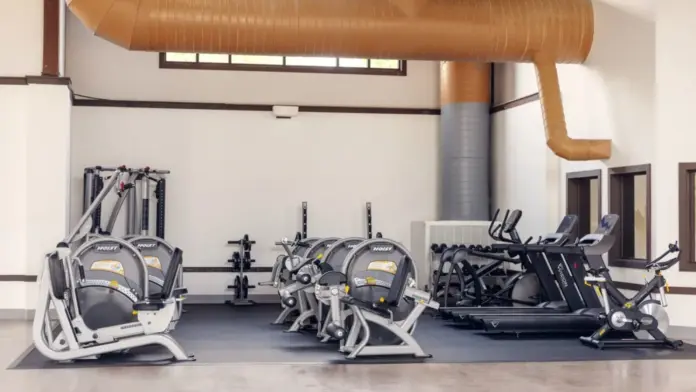
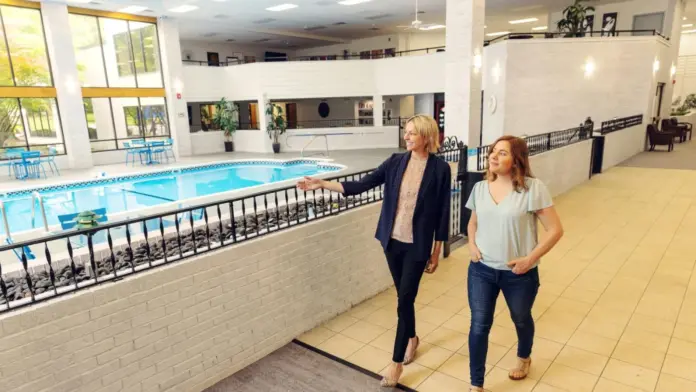
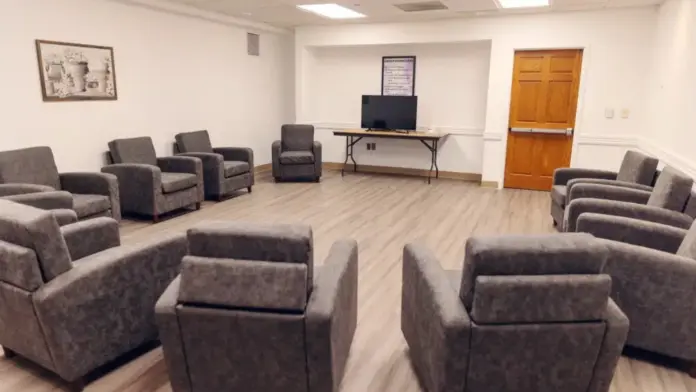
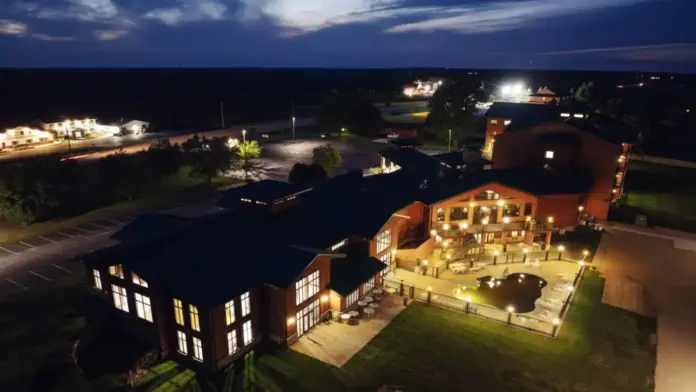
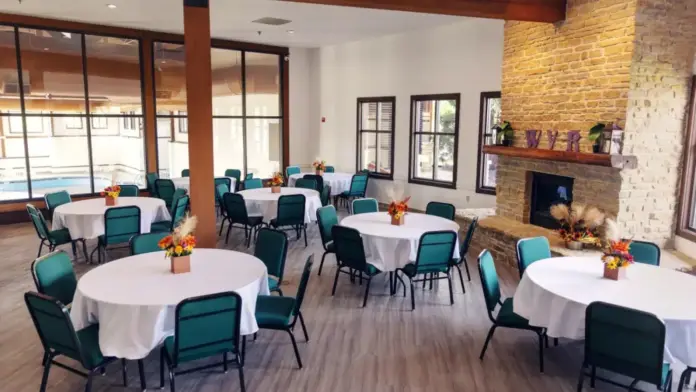
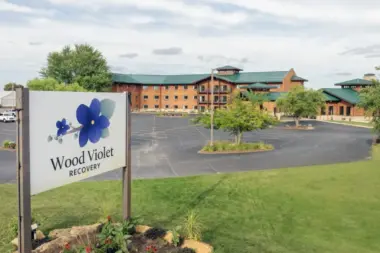



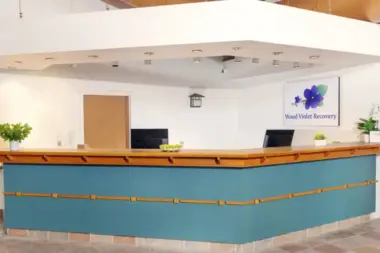

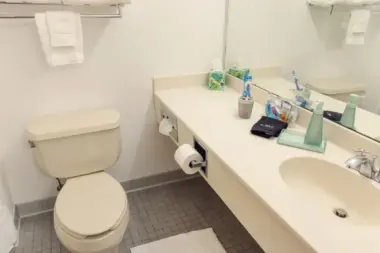

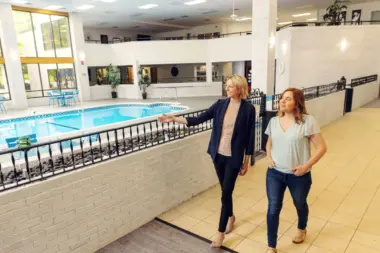
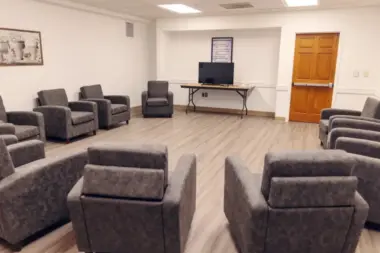
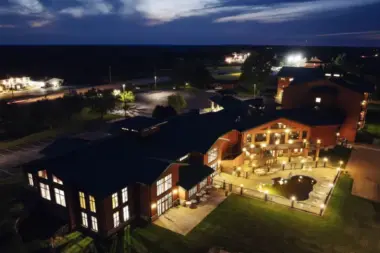
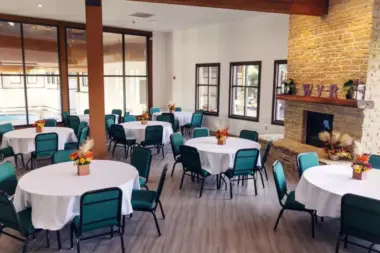
Accepted Insurance
Other Forms of Payment
Private insurance refers to any kind of healthcare coverage that isn't from the state or federal government. This includes individual and family plans offered by an employer or purchased from the Insurance Marketplace. Every plan will have different requirements and out of pocket costs so be sure to get the full details before you start treatment.
Self-pay involves paying for treatment out of your own pocket. You can use savings or credit, get a personal loan, or receive help from family and friends to fund your treatment. If you don't have insurance or your insurance plan doesn't cover a specific program, self-pay can help ensure you still get the care you need.
Financial aid can take many forms. Centers may have grants or scholarships available to clients who meet eligibility requirements. Programs that receive SAMHSA grants may have financial aid available for those who need treatment as well. Grants and scholarships can help you pai for treatment without having to repay.
Addiction Treatments
Levels of Care
12 step programs take a holistic approach to addiction recovery, combining peer support with personal spiritual growth. These programs prioritize regular attendance at 12 step meetings, which are free, anonymous, peer-led, and available day and night in most communities. Spiritual principles are invoked to help participants address the root causes of addiction, accept responsibility, and relinquish control over that which cannot be changed. Dedicated programs for specialized groups, such as youth and seniors, are common.
Medical detox involves weaning your body off drugs and/or alcohol in an inpatient setting, and is often the first step in addiction recovery. Quitting alcohol and certain drugs (like benzodiazepines or opioids) can cause dangerous side effects once you have become physically dependent. In medically assisted detox, a team of on-site healthcare professionals will work to keep you safe and comfortable during this process. Additionally, they may administer medications when needed to alleviate any withdrawal symptoms.
Inpatient rehab is designed to stabilize clients who are exiting detox or those who are in some form of crisis. They are an important preliminary step designed to prepare clients for outpatient, sober living, or community-based care. Clients live at the treatment center and engage in intensive addiction counseling. Group and family therapy is common. Many programs also emphasize recovery-focused life skills training to support clients' sustained sobriety. Some programs offer evidence-based holistic therapies, such as meditation.
Treatments
Treatment for alcohol use disorder (AUD) is available in several formats and levels of care. The treatment process address various issues that contribute to a dependence on alcohol (often referred to as alcoholism). Alcohol rehab in Wisconsin provides the tools and supports you'll need to overcome AUD and maintain long-term sobriety.
The goal of drug rehab in Wisconsin is to address drug addiction as a complex issue that involves physical, mental, and relational aspects. During rehab, treatment focuses on each of these areas and gives you the tools you need to achieve and maintain sobriety.
Dual-diagnosis treatment programs in Wisconsin can provide substance abuse treatment for individuals facing addiction and co-occurring mental health disorders. You can usually find treatment to suit your individual needs, whether that is inpatient, outpatient, or day treatment. These programs utilize evidence-based therapies such as cognitive-behavioral therapy (CBT), dialectical behavior therapy (DBT), and mindfulness-based interventions to help you relearn new thought patterns, develop new coping strategies, and learn the skills to maintain recovery.
Wisconsin has a range of dual-diagnosis addiction treatment programs for individuals with co-occurring substance use disorders and mental health conditions, available on an inpatient and outpatient basis. Therapies such as cognitive-behavioral therapy (CBT), dialectical behavior therapy (DBT), are used in conjunction with medication management and group therapy to address both disorders simultaneously. By treating both disorders at the same time, you'll improve your mental health, develop crucial skills to handle stress and resist relapse, and improve your quality of life.
Programs
Adult rehab programs include therapies tailored to each client's specific needs, goals, and recovery progress. They are tailored to the specific challenges adult clients may face, including family and work pressures and commitments. From inpatient and residential treatment to various levels of outpatient services, there are many options available. Some facilities also help adults work through co-occurring conditions, like anxiety, that can accompany addiction.
Clinical Services
An experiential therapy approach allows clients to address their pain through doing and relating rather than only talking about it. Examples of this approach include equine therapy, adventure therapy, music, gardening, and martial arts.
As a form of substance use treatment, cognitive behavioral therapy in Wisconsin offers several advantages. The duration of this talk therapy is typically 20 sessions or less, so it can be more affordable, with quicker results. It's also offered in multiple formats, so it can be tailored to meet individual needs.
One focus of family therapy is to create a network for the individual in recovery. Families must identify dysfunctional patterns and develop healthier ways of interacting. This can significantly improve their loved one's treatment outcome.
Conflict resolution and stress are common triggers for addictive behavior. Within a group therapy setting, participants learn to practice essential skills to improve relationships, manage conflict, and reduce stress. Each of these is a crucial factor in maintaining recovery.
Amenities
-
Recreation Room
-
Private Rooms
-
WiFi
Accreditations

The Joint Commission, formerly known as JCAHO, is a nonprofit organization that accredits rehab organizations and programs. Founded in 1951, the Joint Commision's mission is to improve the quality of patient care and demonstrating the quality of patient care.
Joint Commission Accreditation: Yes

LegitScript has reviewed Wood Violet Recovery as part of their certification program, and has determined that it meets the LegitScript standards for legality, safety and transparency.
LegitScript verified in
Contact Information
3591 WI-23
Dodgeville, WI 53533
